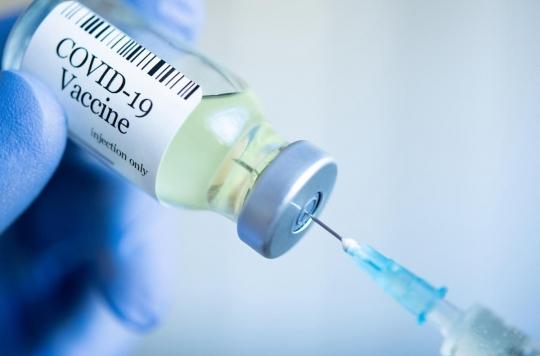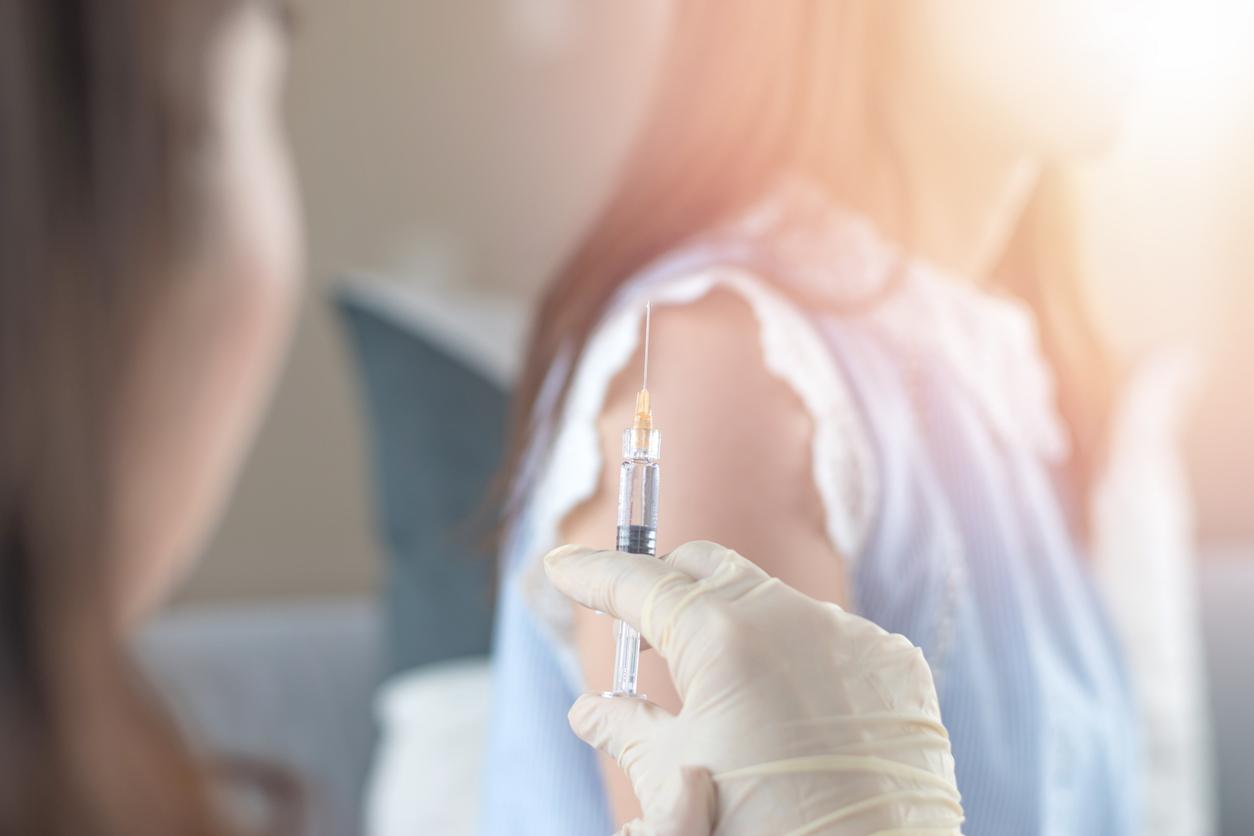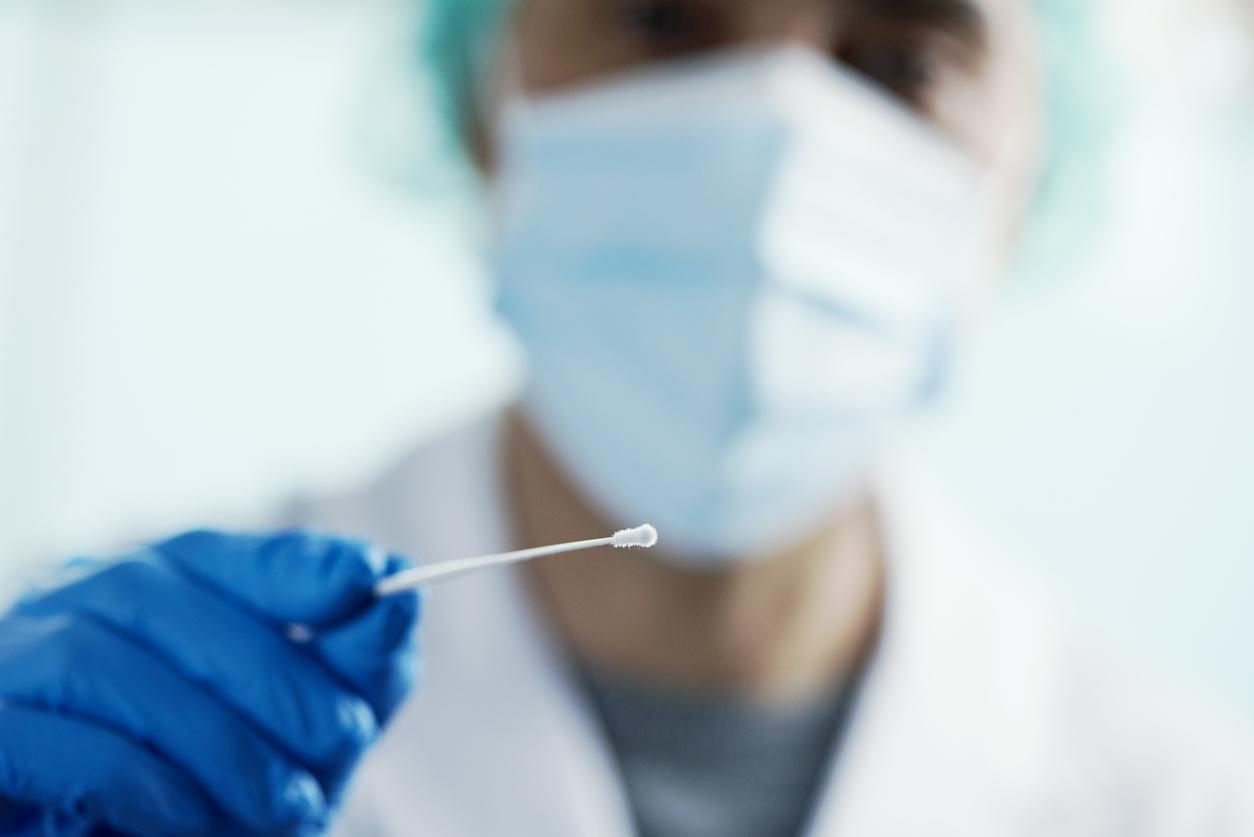The largest real-life study of the Pfizer-BioNTech vaccine, involving approximately 2 million people, finds that the risks of infection far exceed those from the vaccine.

- Vaccines can carry risks of heart inflammation, swollen lymph nodes, shingles and also myocarditis.
- An infection further increases the risk of myocarditis, heart inflammation, blood clots or heart attacks among other fatal events.
- The Pfizer-BioNTech vaccine appears to protect against certain conditions such as anemia and intracranial hemorrhage.
Almost 9 months after the introduction of vaccines, studies on their real-life effects are piling up. This Wednesday, research on nearly 2 million people in Israel and published in the New England Journal of Medicine, shows that the risks of infection with the coronavirus far exceed those related to the side effects of vaccines. This is the first large study to compare the risks of vaccination versus infection head-to-head in the same population over the same time period. It was carried out between December 20, 2020 and May 24, 2021 by researchers from the Clalit Research Institute, in collaboration with researchers from Harvard University.
An unbalanced balance of risks
Vaccines can in particular lead to risks of heart inflammation, swollen lymph nodes or even shingles. Researchers also report additional cases of myocarditis linked to mRNA vaccines, Pfizer and Moderna. “In this study in a nationwide mass vaccination setting, the Pfizer-BioNTech vaccine was not associated with an elevated risk of most of the adverse events examined.”, says Dr. Ran Balicer, lead author of the study.
The researchers then compared these risks to those emanating from contamination with SARS-CoV-2. “To put these risks in context, we also looked at data from over 240,000 infected people to estimate the effects of documented SARS-CoV-2 infection on the incidence of the same adverse events.”, they wrote. They found that an infection further increases the risk of heart inflammation, blood clots or heart attacks among other life-threatening events. “SARS-CoV-2 infection was not estimated to have a significant effect on the incidence of lymphadenopathy, herpes zoster infection, or appendicitis, but it was estimated that it carried a substantial excess risk of myocarditis”, they noted.
The vaccine also protects against anemia and intracranial hemorrhage
A few surprises were also reported by the study authors. “Some initially unexpected effects were observed in the results of this studythey point out. The Pfizer-BioNTech vaccine appears to protect against certain conditions such as anemia and intracranial hemorrhage. These same adverse events are also identified in this study as complications of SARS-CoV-2 infection, so it seems likely that the protective effect of the vaccine is mediated by its protection against SARS-CoV-2 infection. 2 undiagnosed.”

.

















